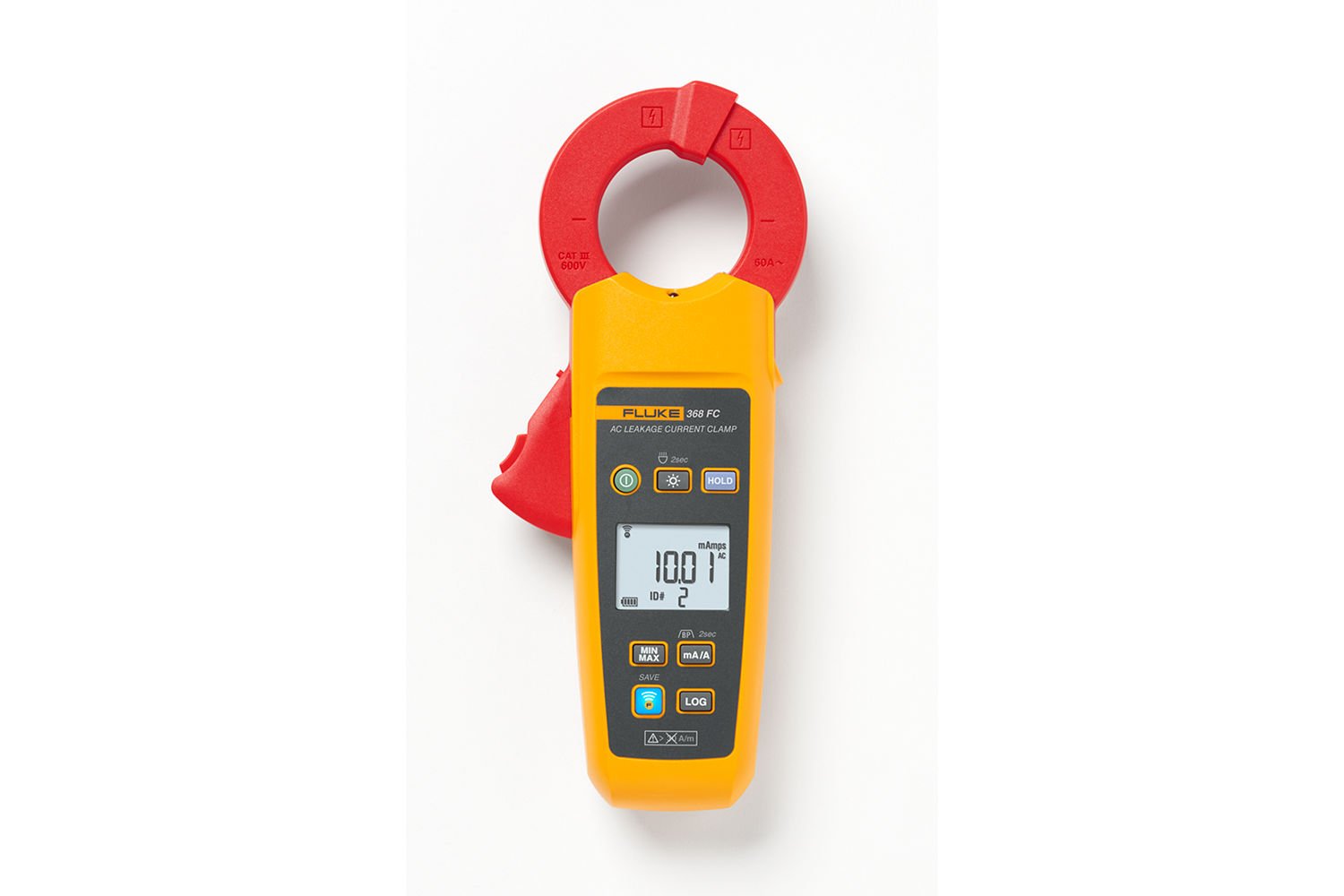One project has a drinking fountain tripping a GFCI receptacle. The electricians have looked at it, and the plumbers have also looked at it with no resolution. The receptacle has also been replaced.
Does anyone make a GFCI Receptacle Tester that not only verifies the receptacle will trip at 5 mA, but that will also verify the receptacle won't trip for smaller leakage currents, like 1 or 2 mA?
Or does anyone make a ground fault current meter specifically for plug in loads? Something that would tell us exactly what the leakage current on the drinking fountain is? I'm picturing something like a short cord adapter with a plug on one end and an inlet on the other end, and a CT around the hot and neutral connected to a meter.
Does anyone make a GFCI Receptacle Tester that not only verifies the receptacle will trip at 5 mA, but that will also verify the receptacle won't trip for smaller leakage currents, like 1 or 2 mA?
Or does anyone make a ground fault current meter specifically for plug in loads? Something that would tell us exactly what the leakage current on the drinking fountain is? I'm picturing something like a short cord adapter with a plug on one end and an inlet on the other end, and a CT around the hot and neutral connected to a meter.


